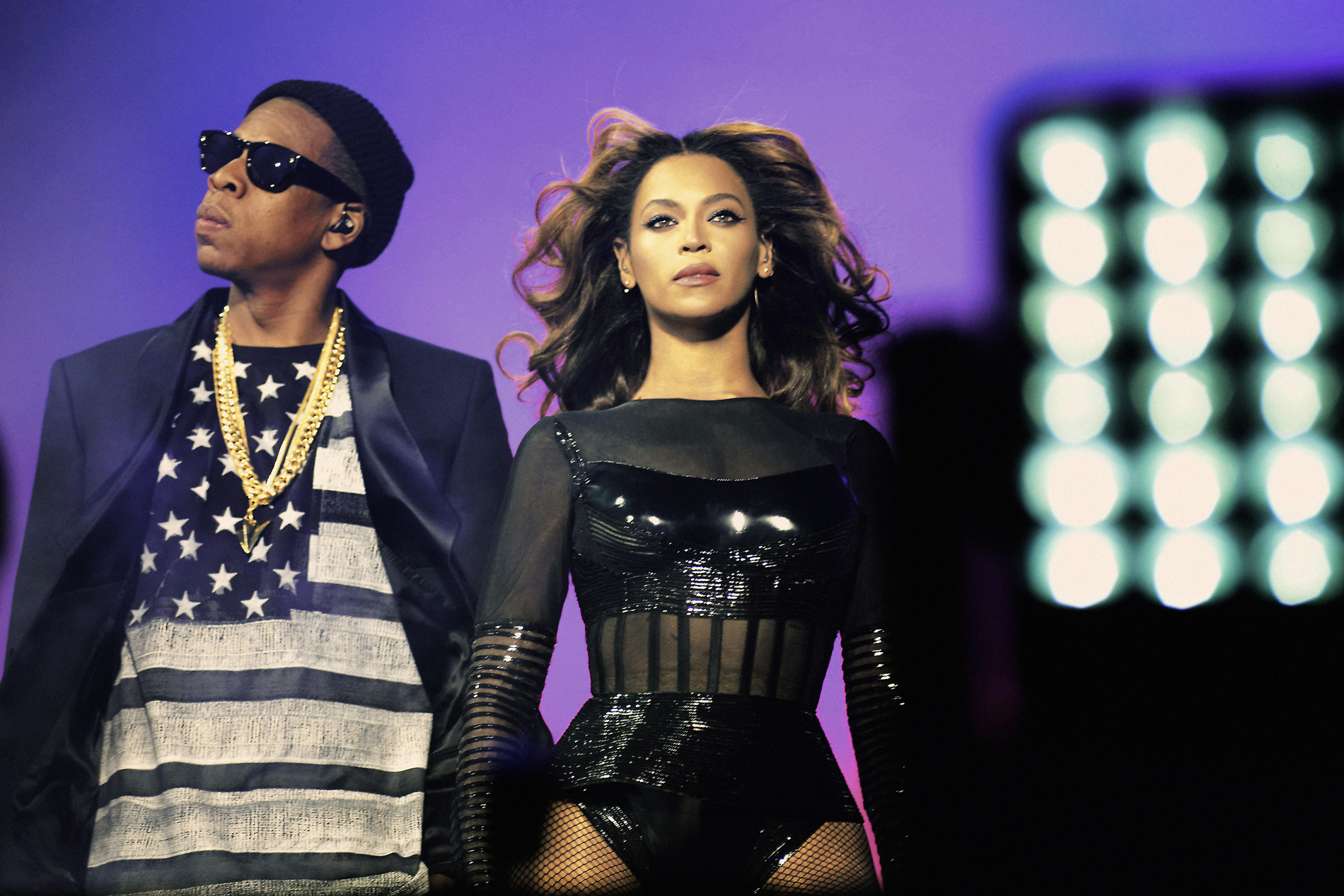
When you’re making awkward small talk at your company holiday, consider this conversation starter: “Where were you when the Beyoncé album came out one year ago?” On Dec. 13, were you already asleep, waking up to your phone buzzing with texts and tweets? Were you in the middle of recapping Scandal? Anybody with a passing interest in pop culture has a story about that time, and Beyoncé knows it — as she boasts on Nicki Minaj’s The Pinkprint track “Feelin’ Myself,” “Changed the game with the digital drop / know where you was when that digital popped / I stopped the world / male or female it make no difference.” If you do find yourself talking to someone who claims he or she couldn’t care less, maybe excuse yourself and pretend you need to hit the snack table.
Beyoncé’s The Pinkprint reminder comes at a good time, and not just because she’s celebrating her surprise album’s anniversary. With Taylor Swift covering magazines, selling records like crazy and ditching Spotify, it’s easy to forget that one of the biggest music stories of the year technically happened in 2013 — and was felt for months after, especially as her personal life made headlines.
Beyoncé’s little surprise defied a major norm of releasing an album in today, which is waiting. It’s not unusual for pop albums to have dragging promotional cycles and require several singles before building enough momentum to secure a release date. (“Fancy,” which propelled Iggy Azalea to the top of the charts, was the fourth single in a year to come in advance of her album The New Classic, though Beyoncé’s Super Bowl halftime show and HBO documentary helped whet appetites for her music earlier in 2013.) Considering how common advanced streams and album leaks are, new records are also often fractured experiences: it’s rare that fans can simultaneously react to new music on the scale they did with Beyoncé.
The industry ramifications were immediately apparent after Beyoncé sold 430,000 copies in 24 hours and went platinum by its third week. A surprise release with 17 music videos generates publicity for its novelty, but it’s also a savvy move for quality artists who dislike how much weight is given to that first big single — and how much of an album’s narrative is shaped by it. Beyoncé doesn’t have as hard a time putting out an album as, say, Ciara, but even “Run the World (Girls)” only peaked at No. 29 on the Billboard Hot 100 after mixed reviews — not exactly an auspicious sign for an album that ultimately gave the world “Love on Top” and “Countdown.”
But Beyoncé was a landmark release for Beyoncé the artist and Beyoncé the person, too, not just Beyoncé the businesswoman. After years of releasing the kind of female empowerment anthems she’s championed since her Destiny’s Child days, she explored the grey areas of relationships with refreshing nuance and honest self-examination. After years of being tight-lipped about her relationship, she opened up about her marriage to Jay Z with considerable detail: she addressed their sex life (“Partition”), their daughter (“Blue”), petty fights (“Jealous”) and the rough patches: on the Drake collaboration “Mine” she sings, “Been having conversations about break-ups and separations / I’m not feeling like myself since the baby / are we gonna even make it?”
The answer to that last question seemed to be a resounding “Yes!” when the two announced in April their co-headlining On the Run Tour, which seemed like the ultimate way to flaunt their power-couple status while efficiently dealing with summer child care. (The On the Run Tour was like Take Your Child to Work Day but 20 times in a row — and for people who probably never have to work a day in their lives again.) Beyoncé reminded us that a successful marriage, like her massively successful career, requires hard work, and few pop stars embody a work ethic like Beyoncé’s — there’s a reason they sell inspirational coffee mugs that say “You have the same amount of hours in the day as Beyoncé.” Their marriage wasn’t without a few bumps here and there, but it was still a triumph.
But in the months that followed, the answer to the question she posed on “Mine” seemed less certain. Rumors of Jay Z cheating have been around for almost as long as Beyoncé has been singing about cheaters, but Solange’s elevator attack on Jay Z after the Met Gala prompted celebrity rubberneckers to speculate about their marital health. More serious rumors came later in the summer: a website that some deemed reputable for previously calling the Tom Cruise-Katie Holmes split hinted in a blind item that a divorce was imminent; another source told the New York Post that emergency meetings with lawyers were the only things keeping the On the Run tour from going up in flames.
Because Beyoncé revealed so much of herself on this album compared to her other releases, I found it harder to keep the art and the artist separate. As divorce rumors swirled, they creeped into my headphones, and I found myself wondering this summer — get the Serial theme song ready — was an album that seemed to about celebrating marriage, flaws and all, actually about the end of one? Yes, marriage is hard work, but is letting go of one even harder?
This interpretation of the album isn’t necessarily spot-on, and it certainly doesn’t apply to every song. But for a handful of tracks on the album, this hypothetical perspective gives them a whole new meaning. There’s no denying that “Haunted” is about sex and lingering fantasy, but there’s little evidence in the lyrics that it’s about a happy, stable marriage — in fact, a line about “ghost in the sheets” hints more at dealing with some kind of loss than it does her sexual appetite. That sense of loss is also palpable on “XO,” which in months since its release has only seemed more urgent and wounded — it’s still a love song, but maybe the love song you’d write after everything nearly fell apart. “Mine” may not be ripped from her diary given its references to getting married and carried away, but the song’s hook — “I just wanna say you’re mine, you’re mine” — sounds resigned. Why can’t she say that he’s hers? What’s getting in the way?
Beyoncé certainly isn’t a conventional breakup album. She closes the album with a just-the-two-of-us ode to her daughter, but I don’t think its ending — Blue Ivy Carter literally asking where Daddy is — is a secret clue. (Besides, Beyoncé seemed to largely squash the chatter by bringing her family on stage during the MTV Video Music Awards and then renewing her vows with Jay Z in October.) But it’s a testament to Beyoncé that after believing I knew the album like the back of my hand, a new perspective offered a completely different — and equally rewarding — listening experience. Lyrics I had heard dozens of time popped out at me like they were new. Songs I thought were happy now bum me out. Surprising fans with a deeply personal album and 17 gorgeous music videos is impressive, but so is the fact that Beyoncé’s personal life could go south and the album’s messages would be just as relevant.
If you’re looking for Beyoncé’s next surprise, just listen a little closer — she may have already written it.
See 34 Gorgeous Photos of Beyoncé
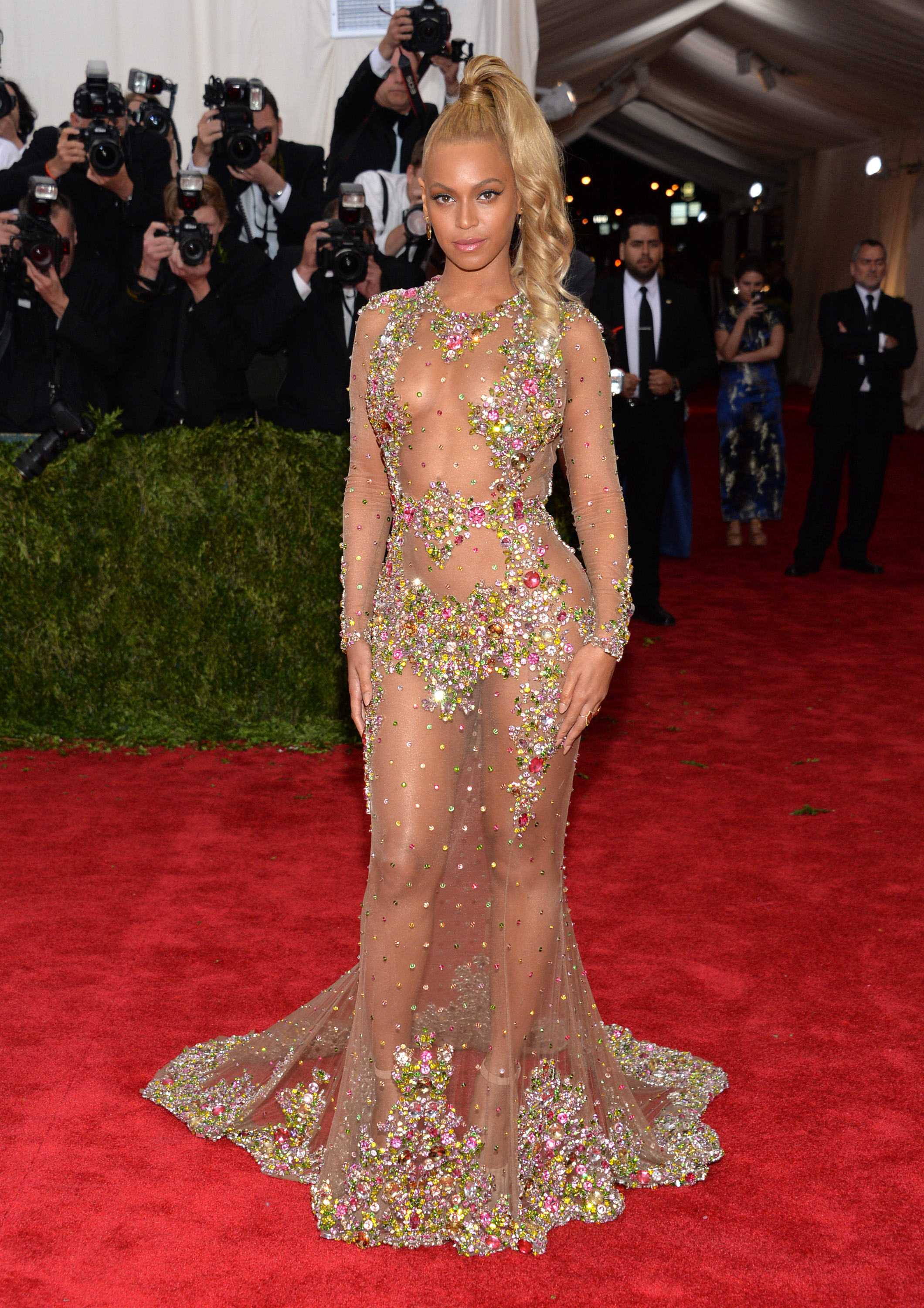
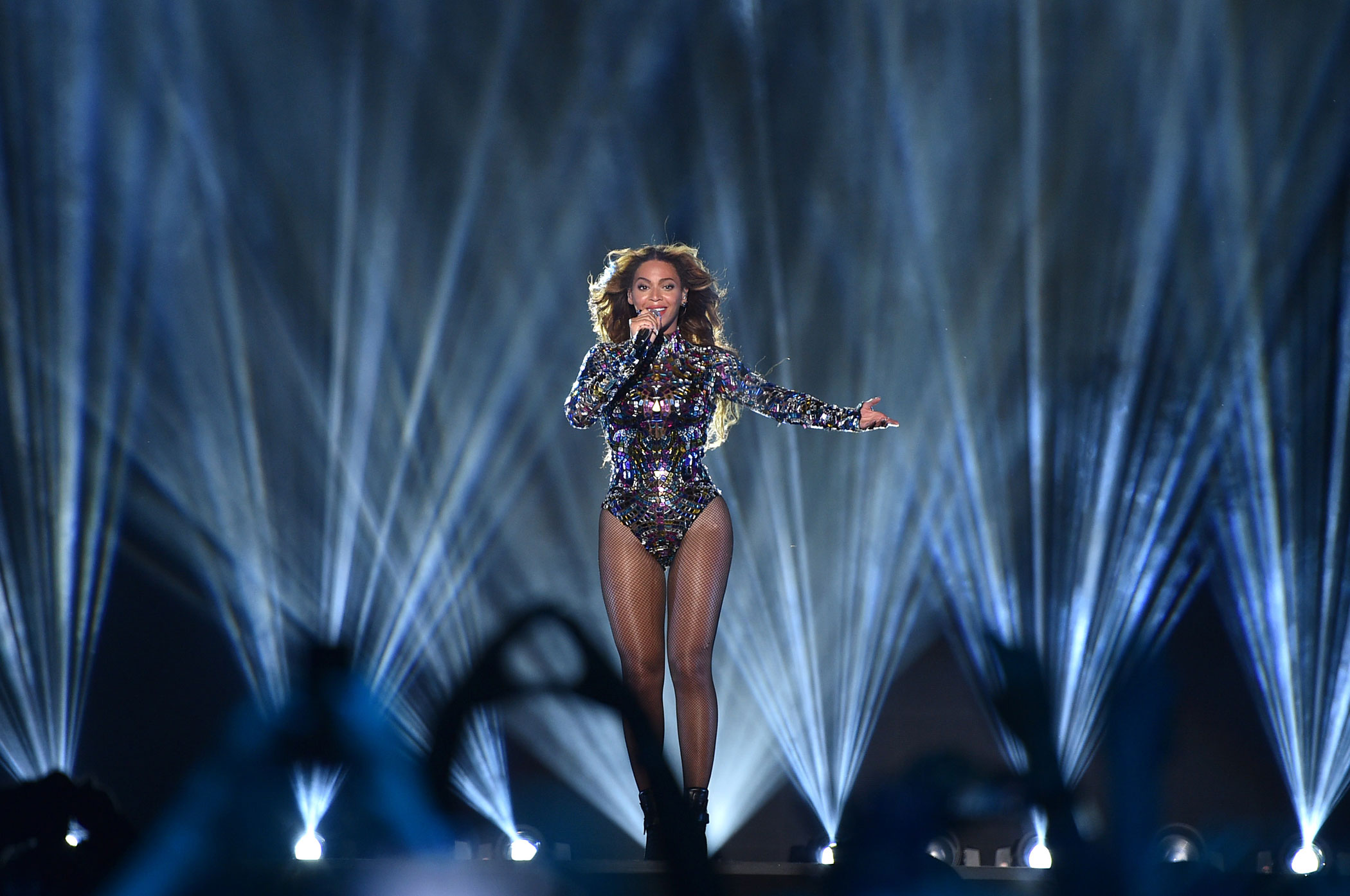

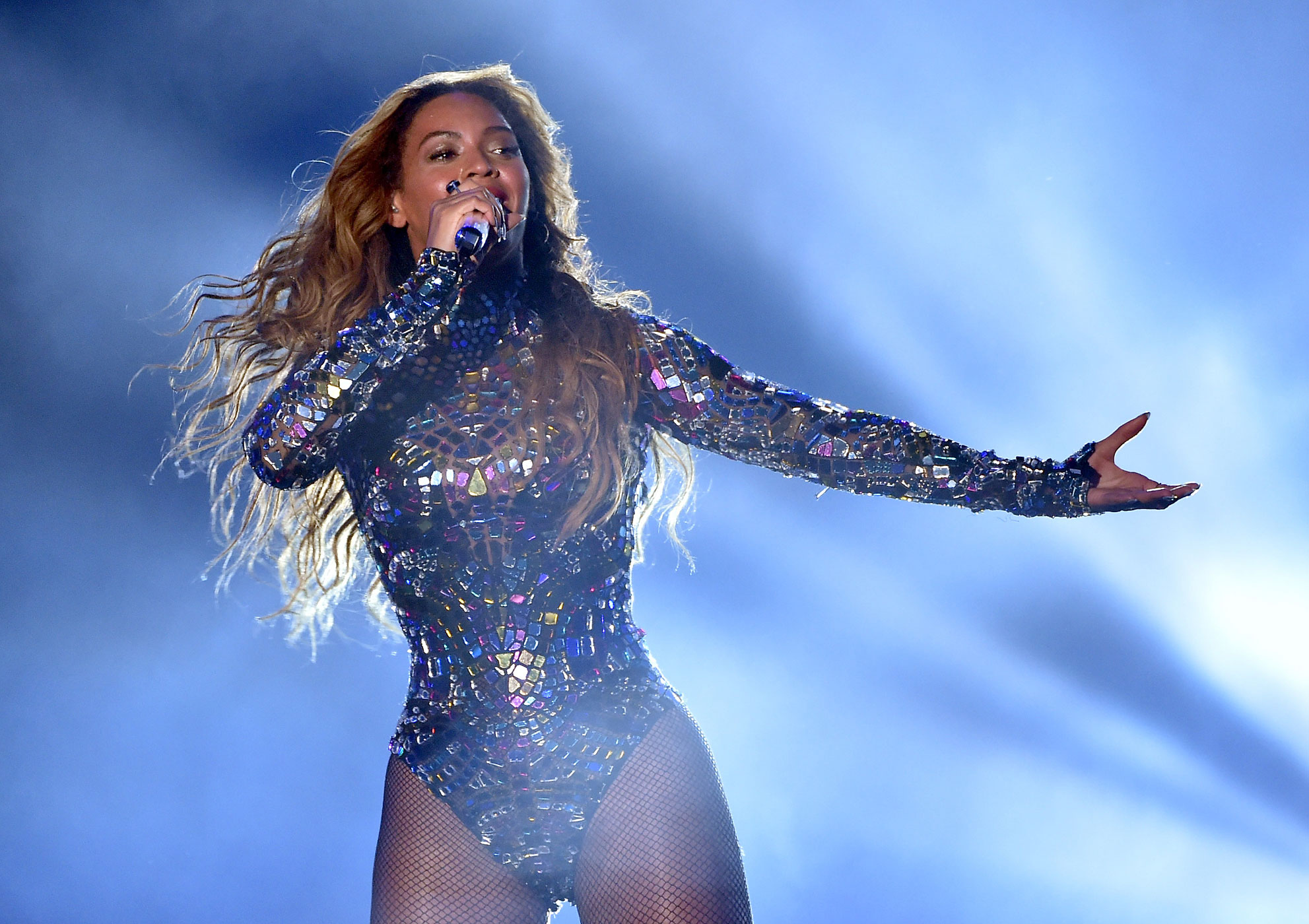
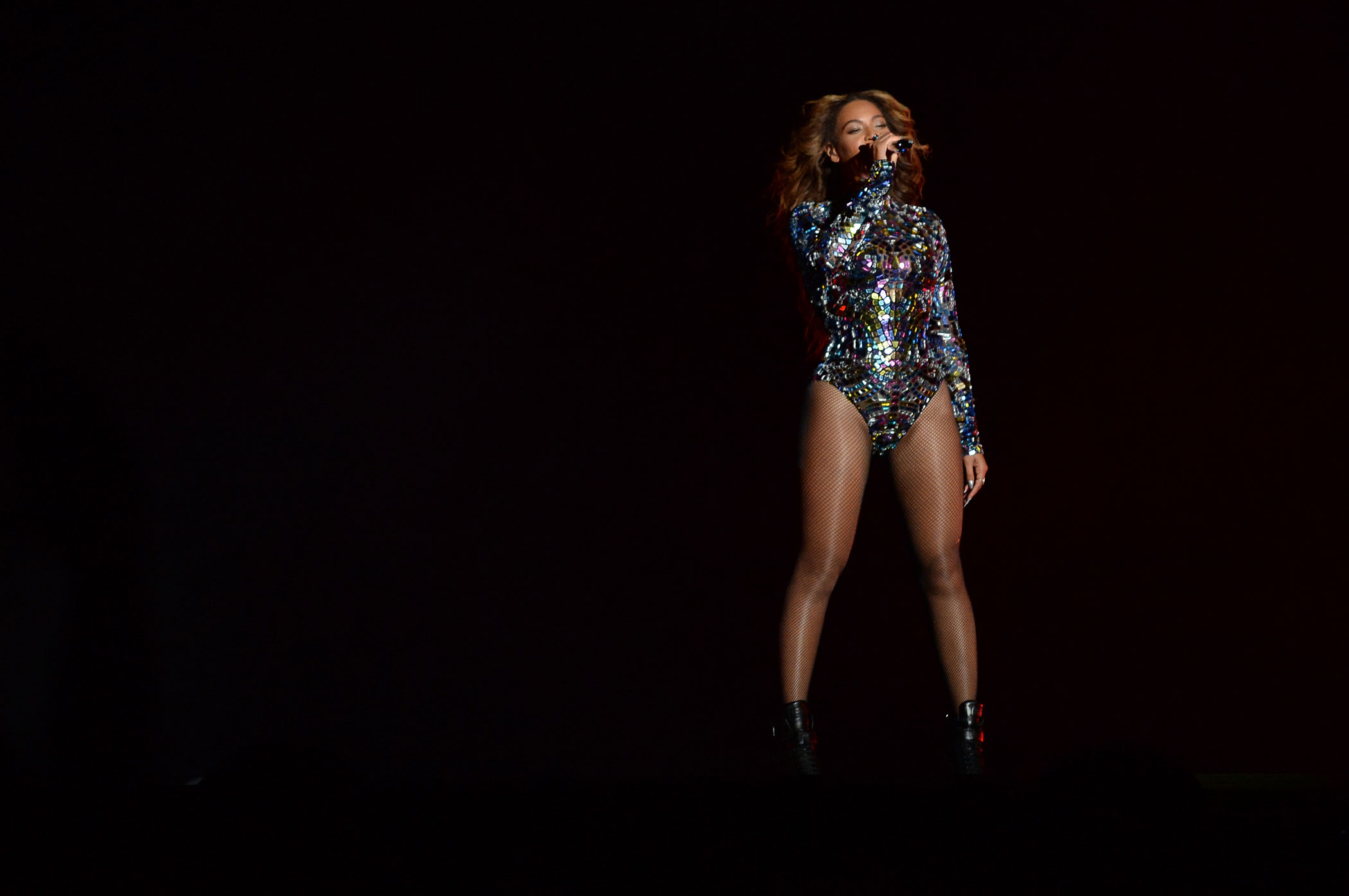
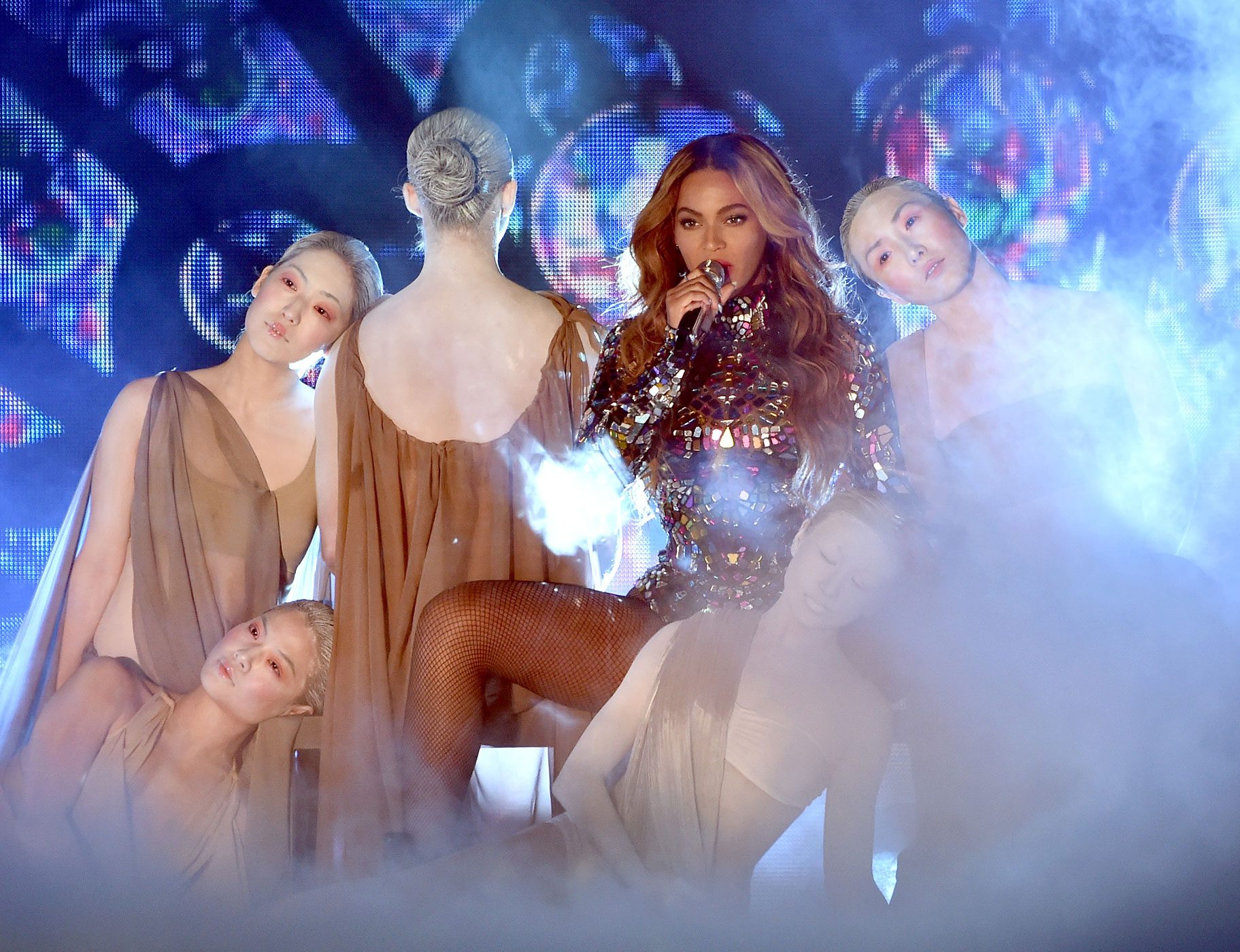
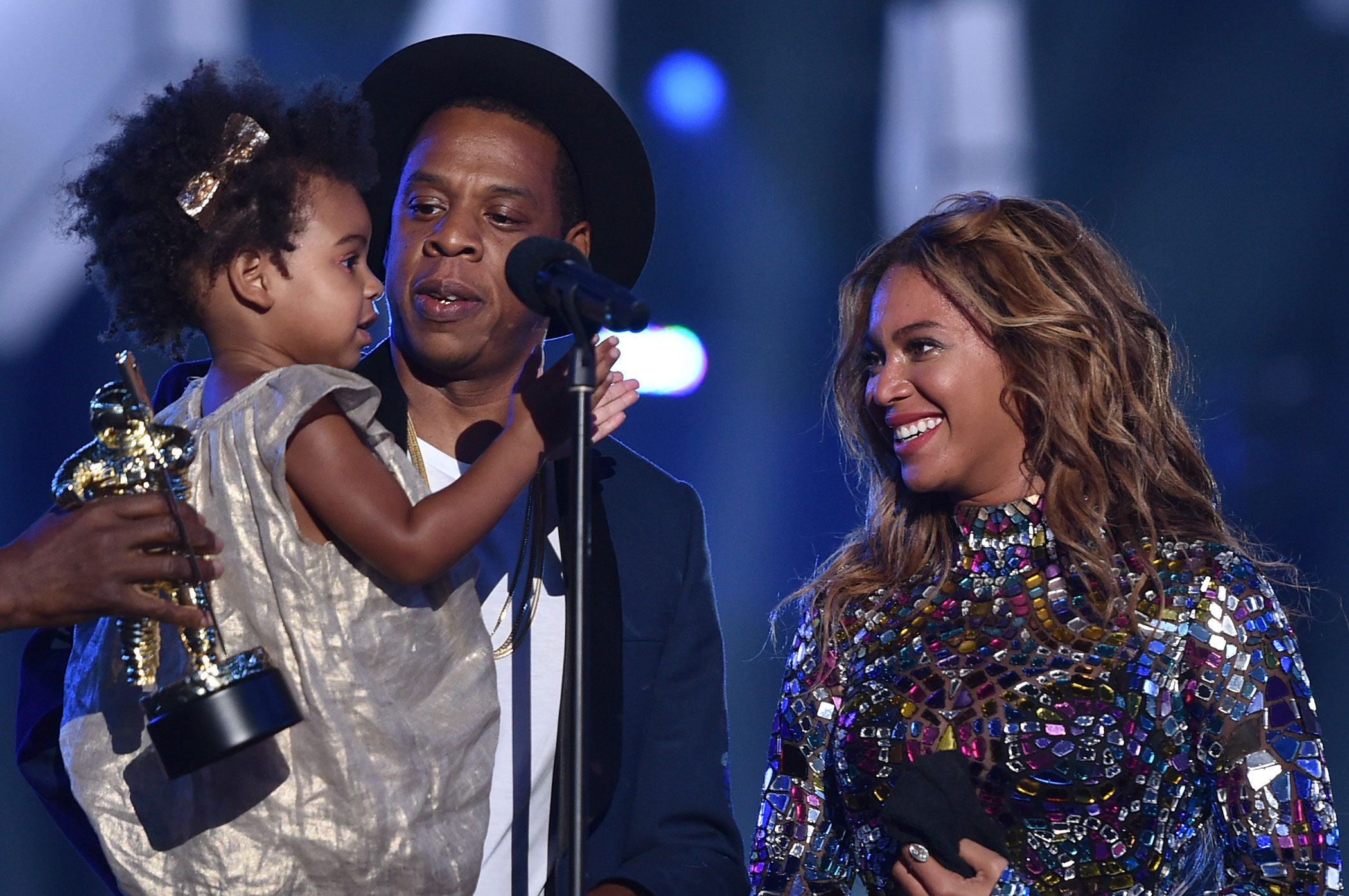
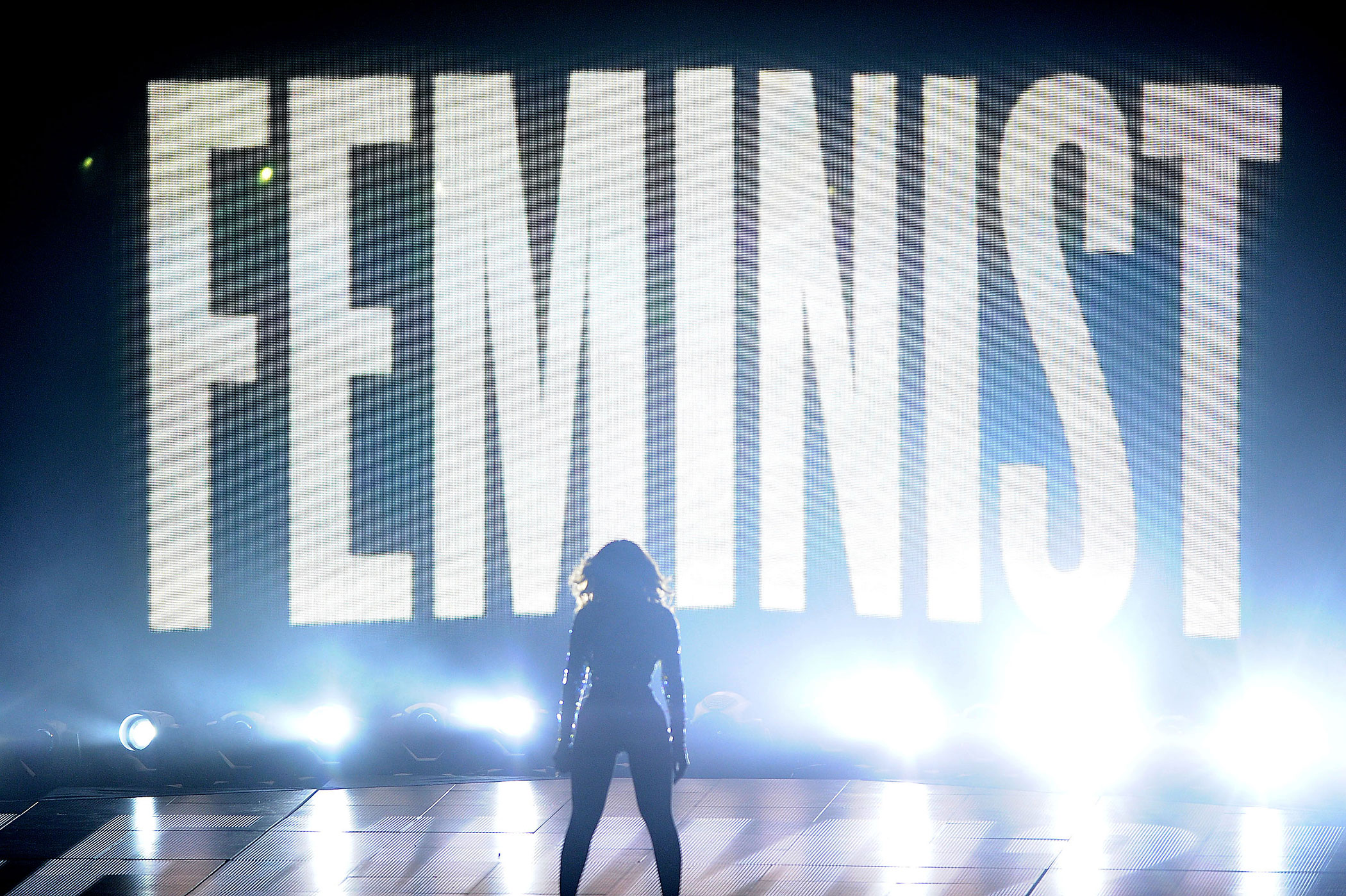
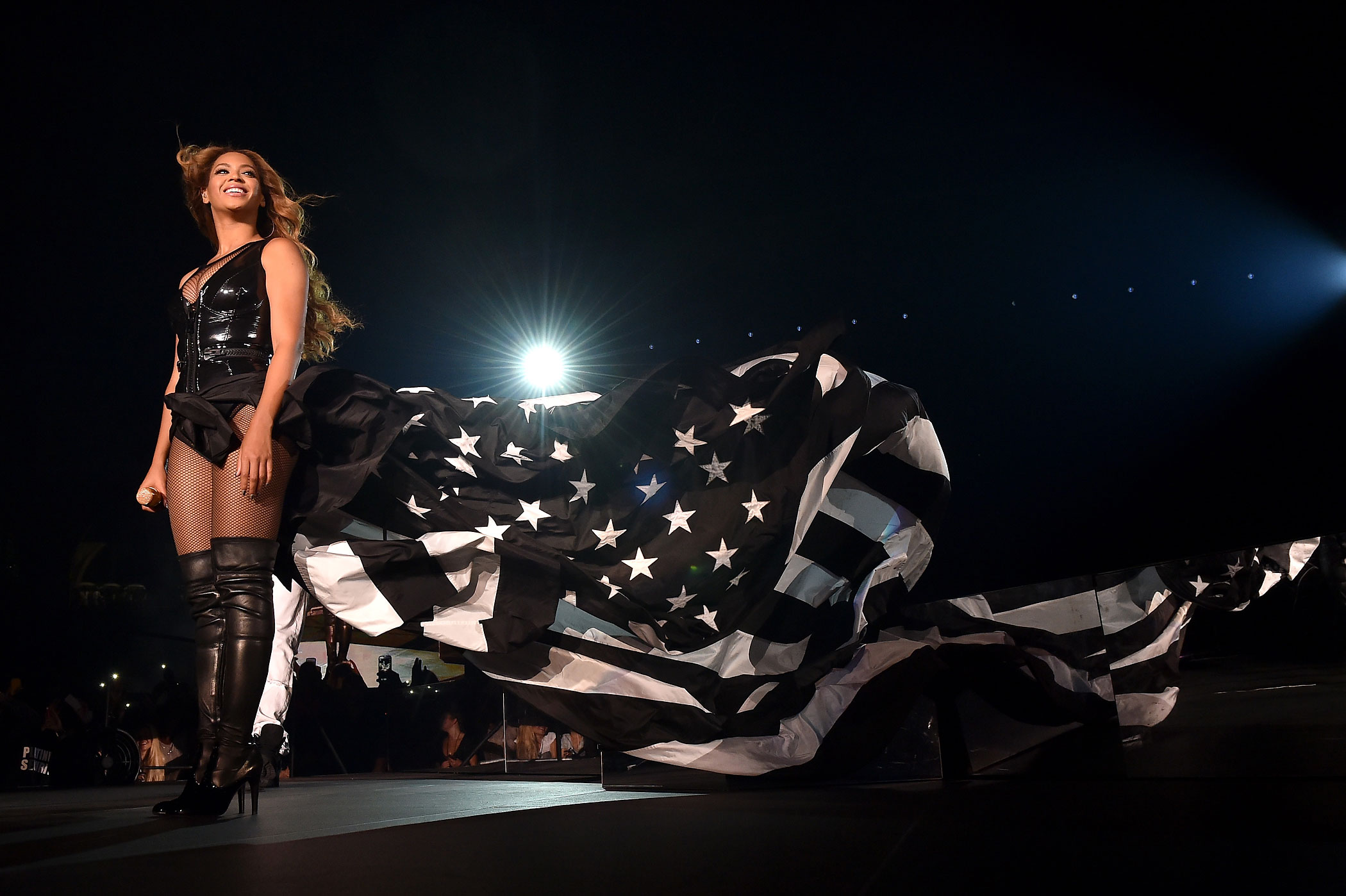
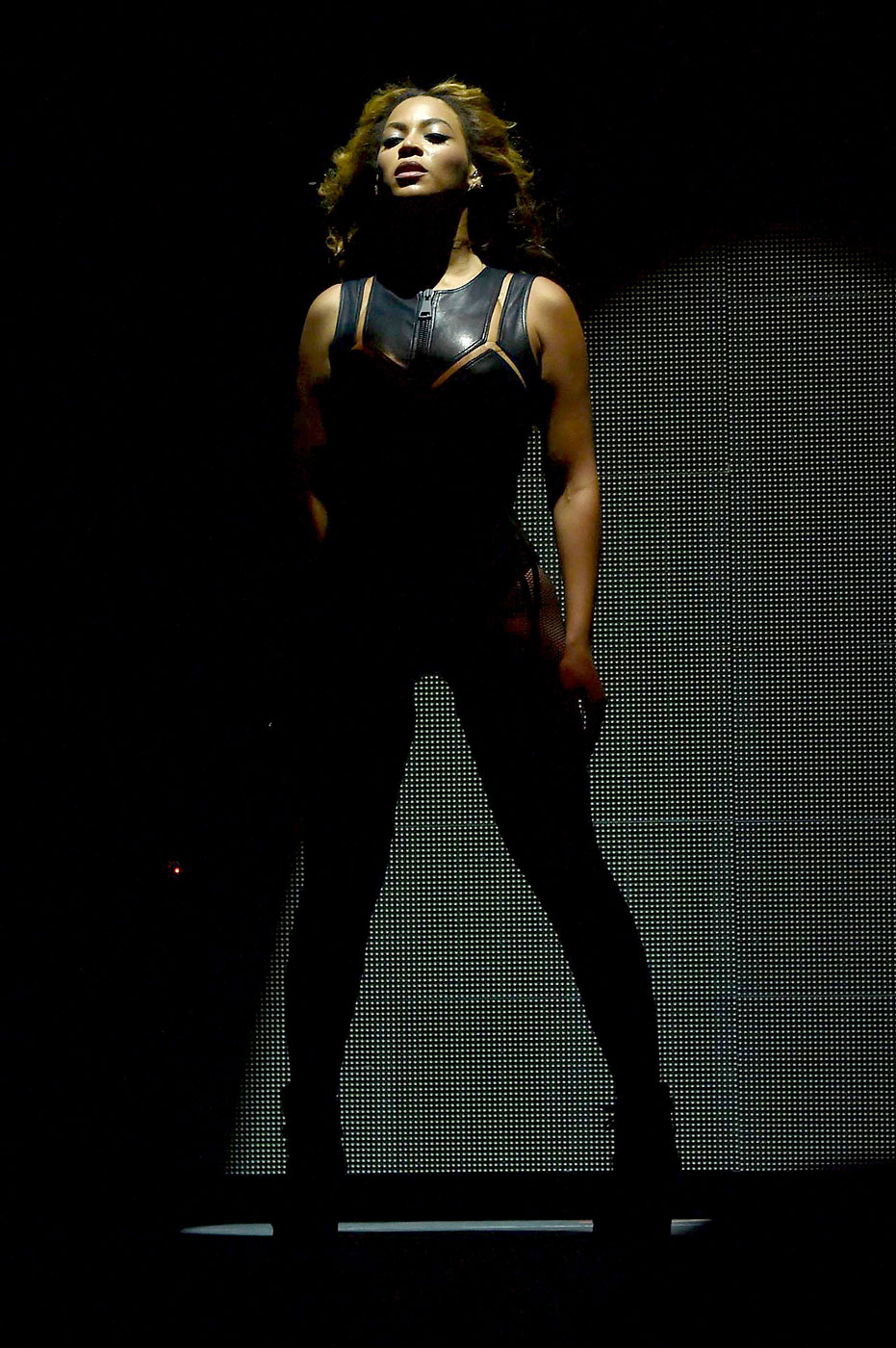
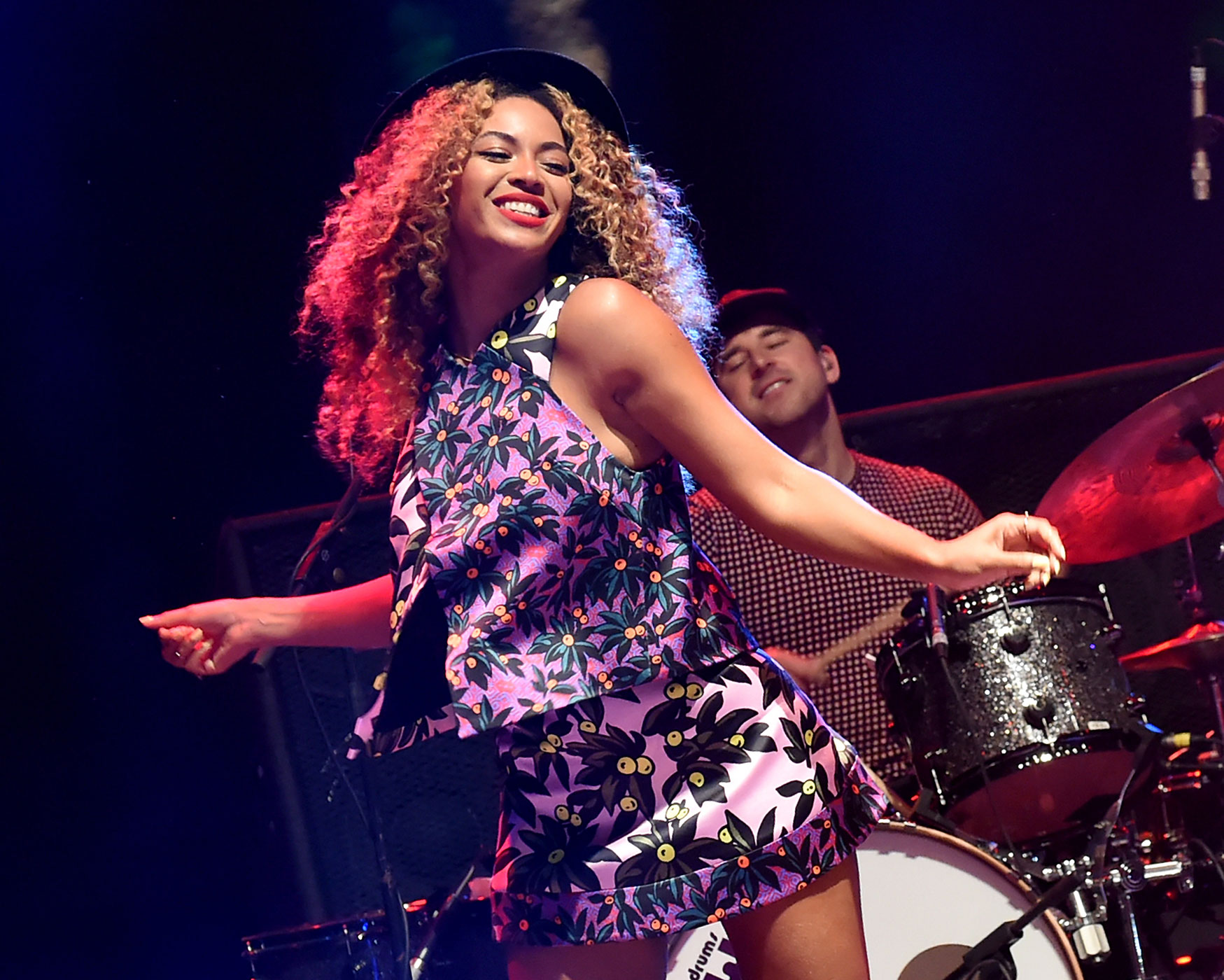

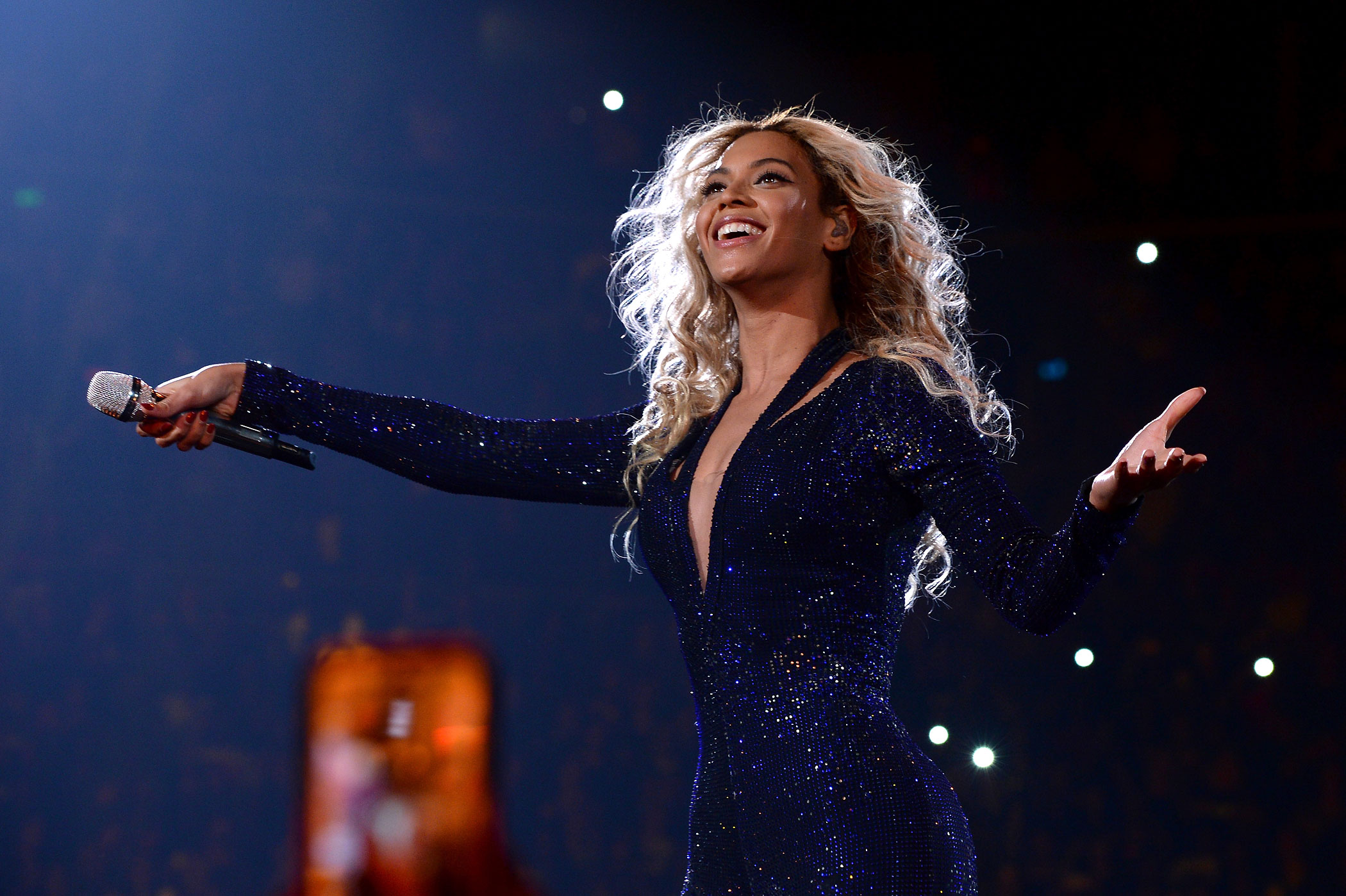


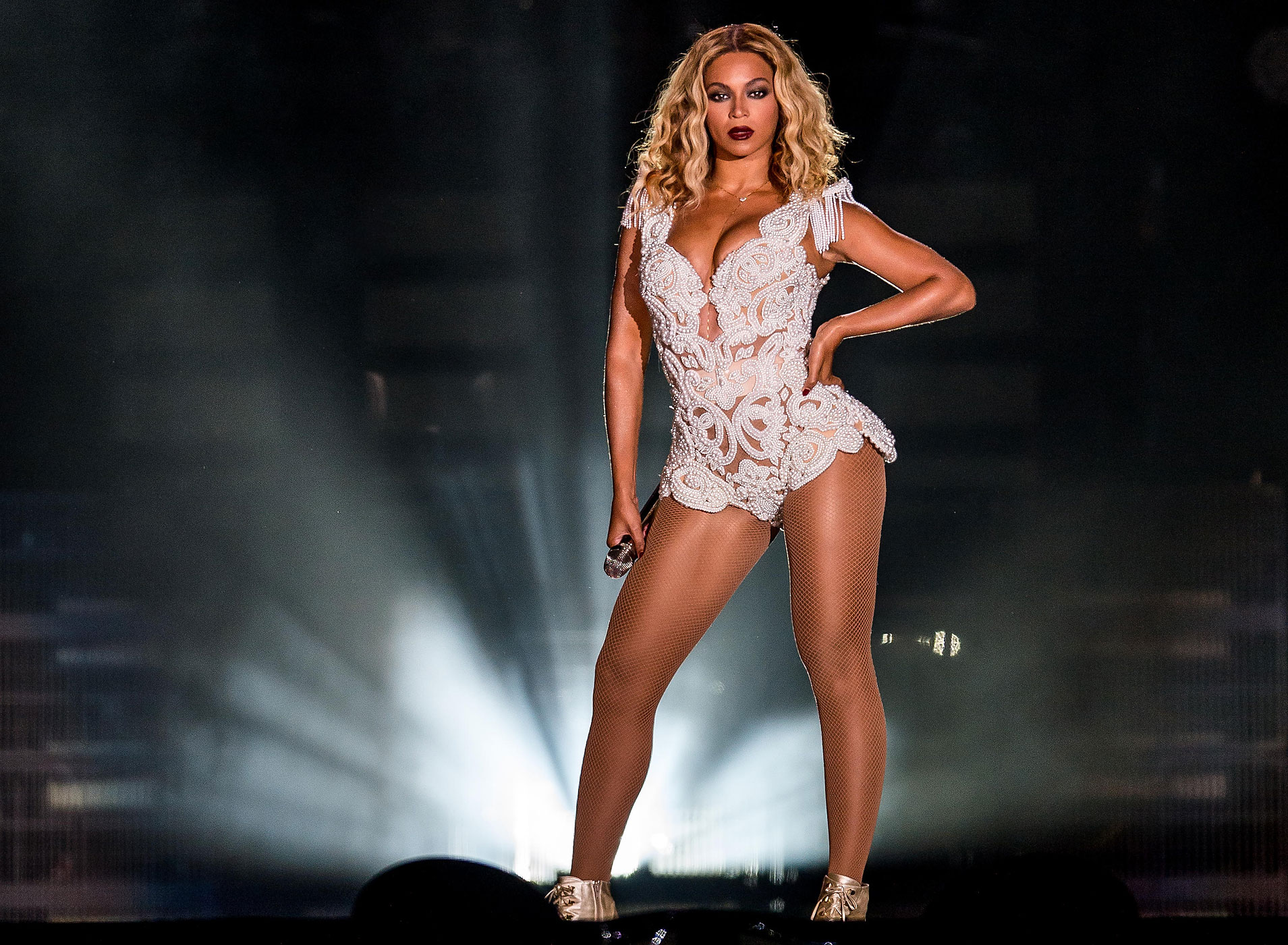

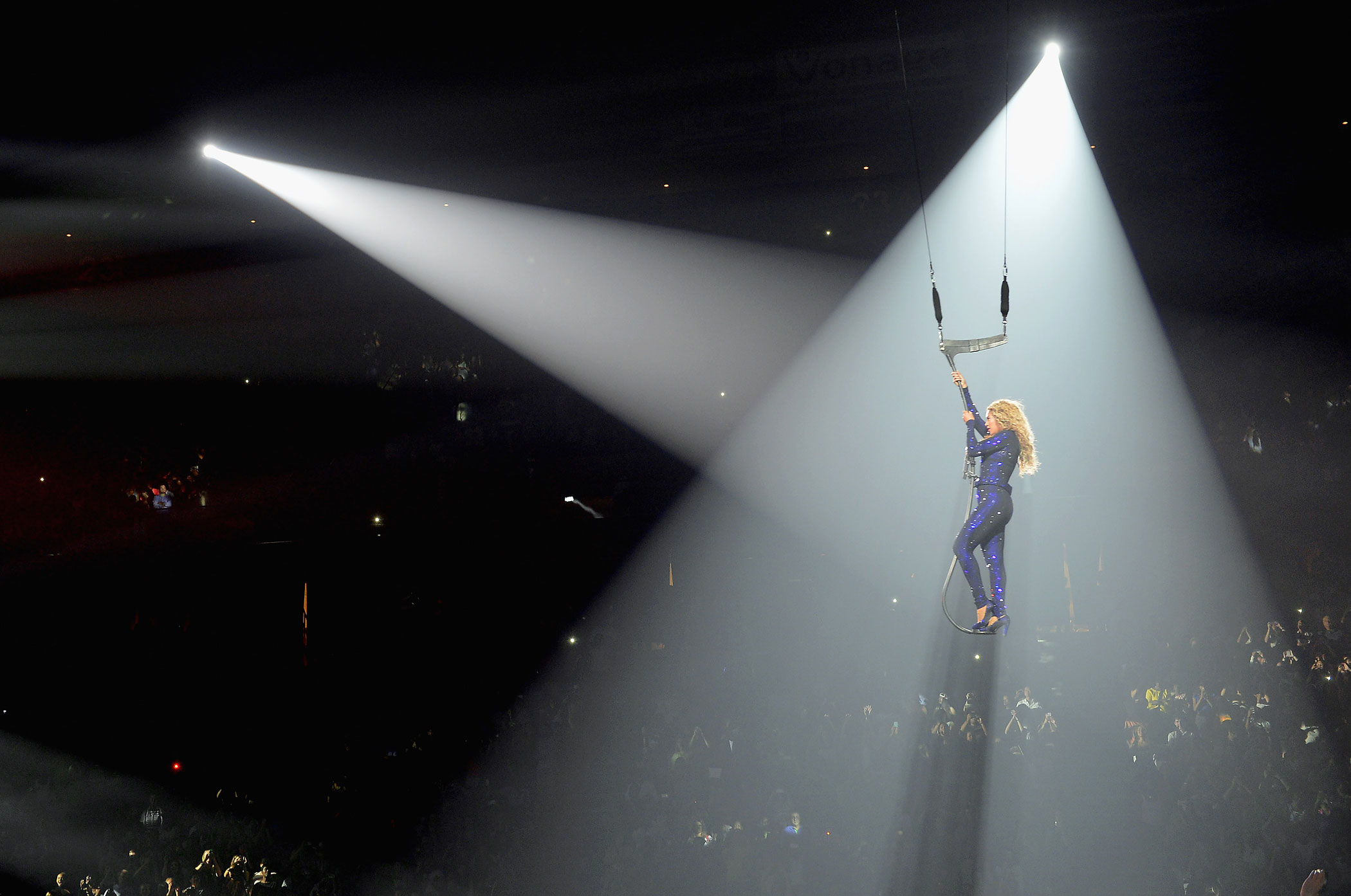

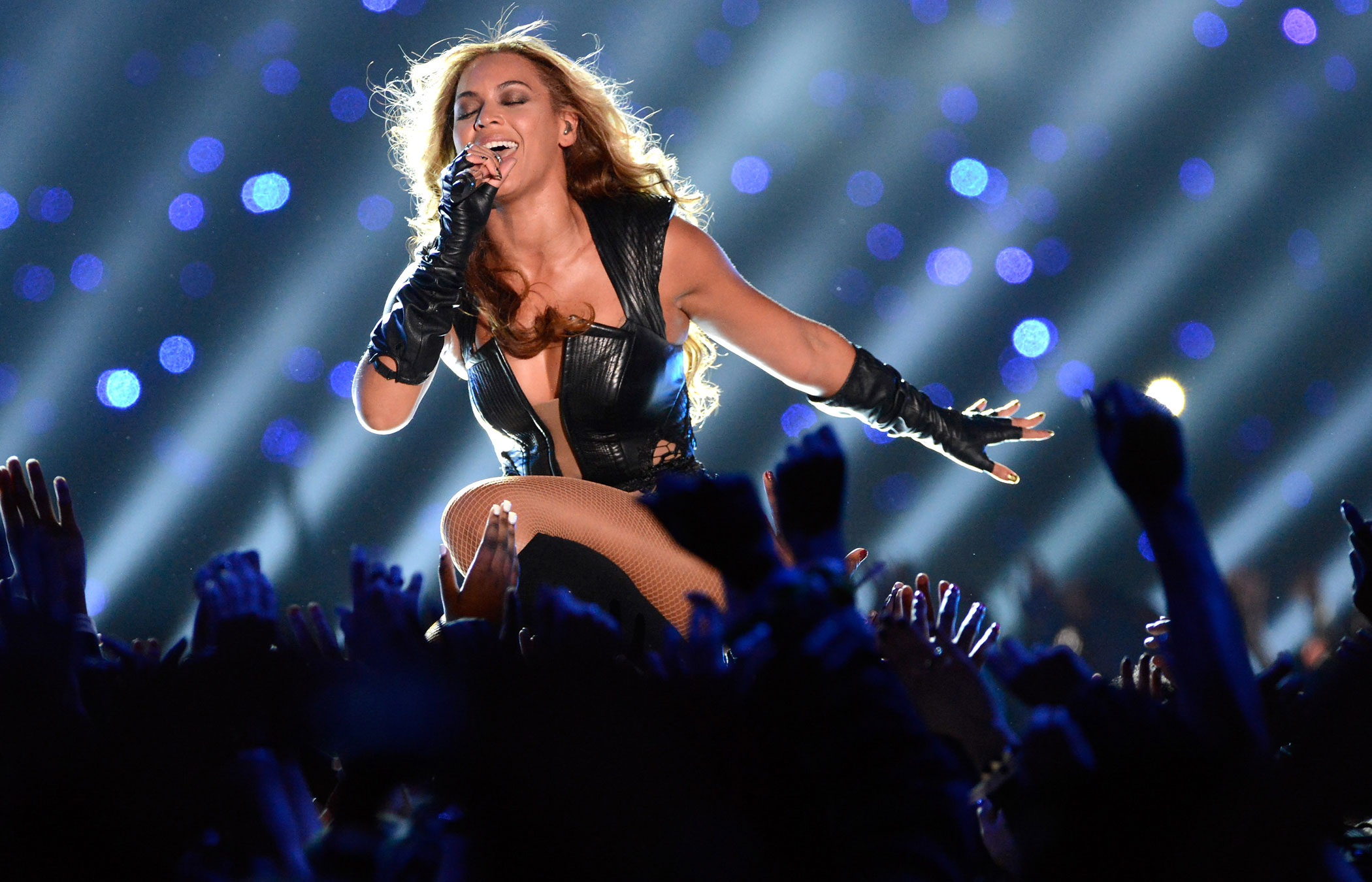
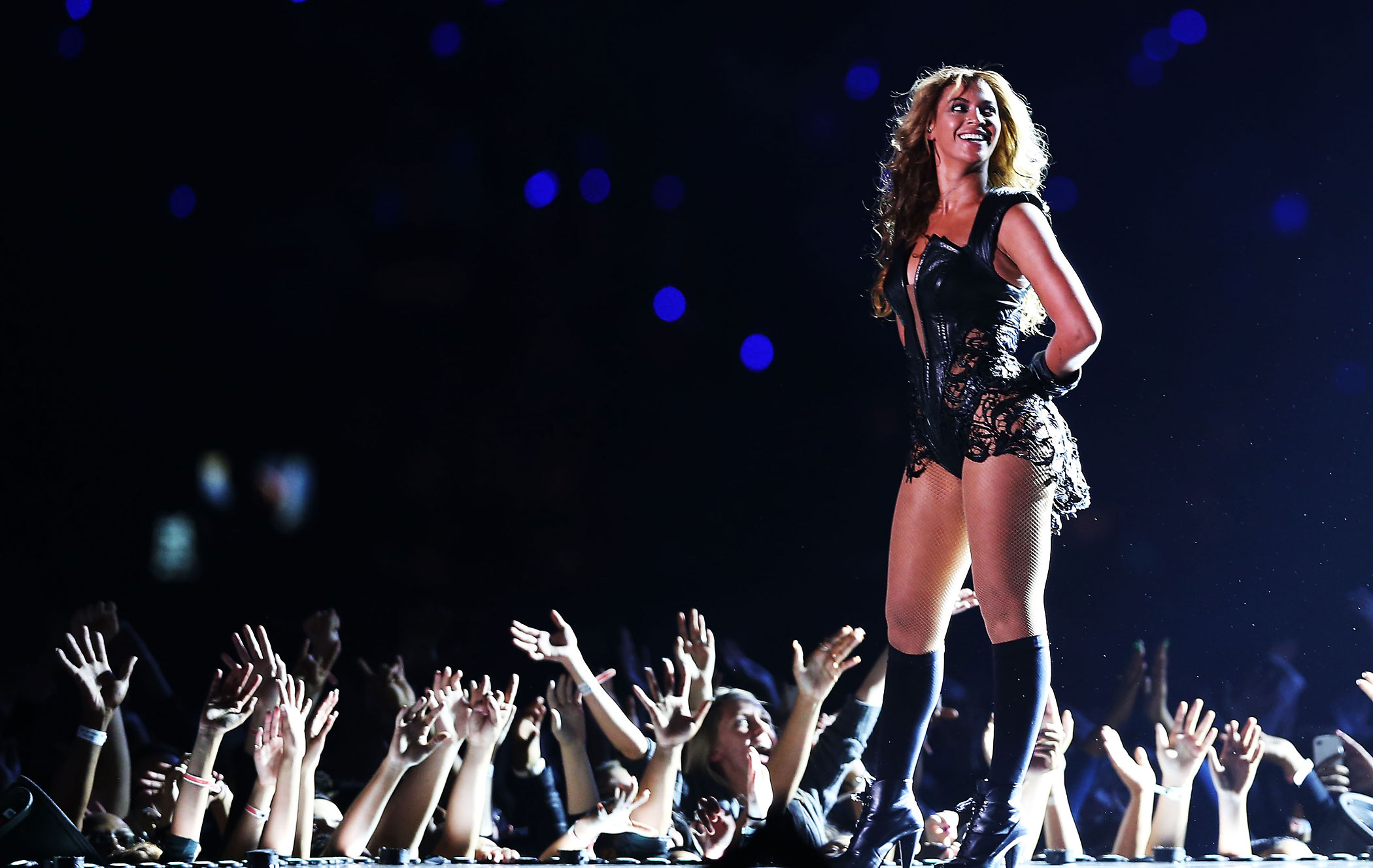

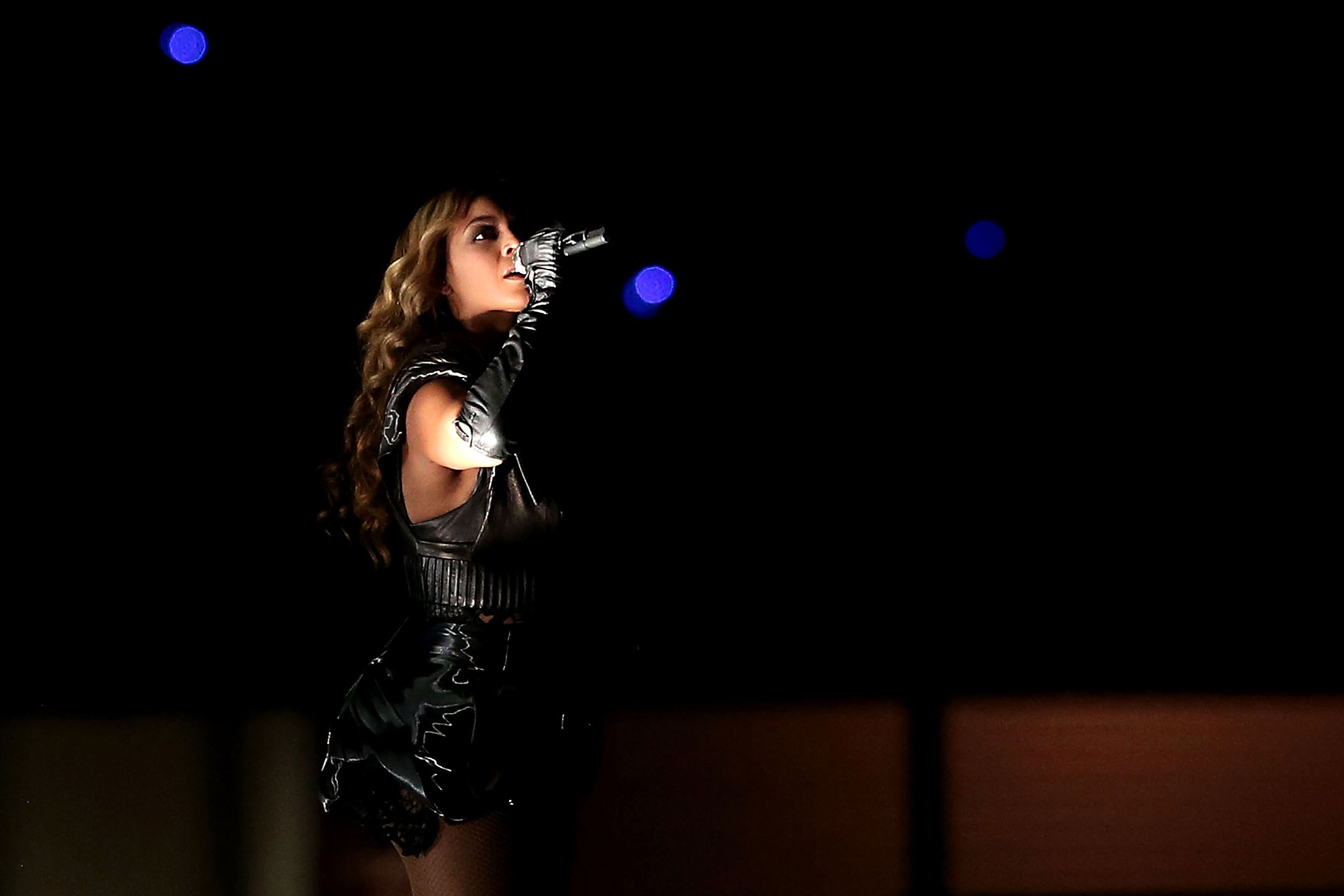

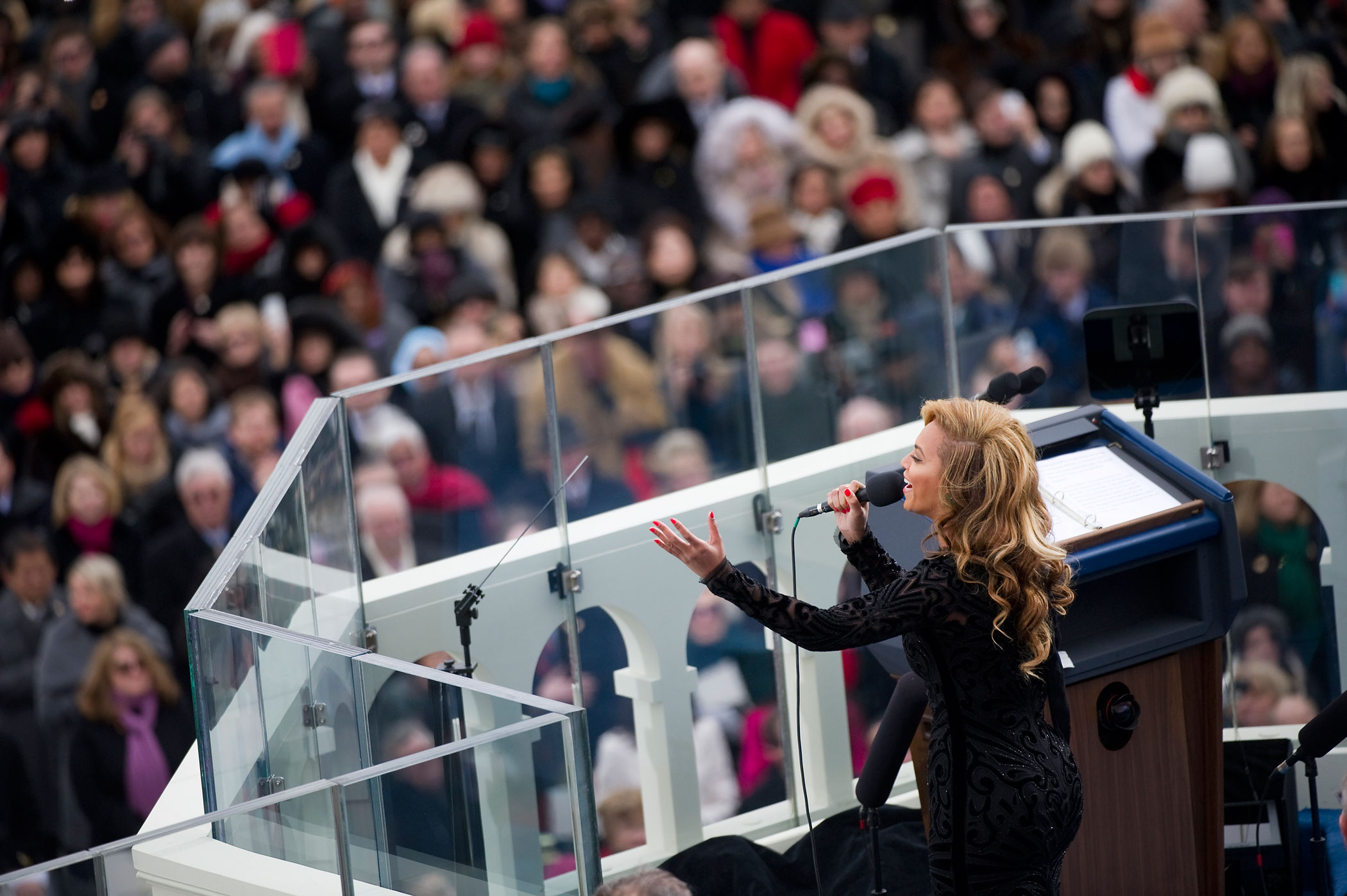


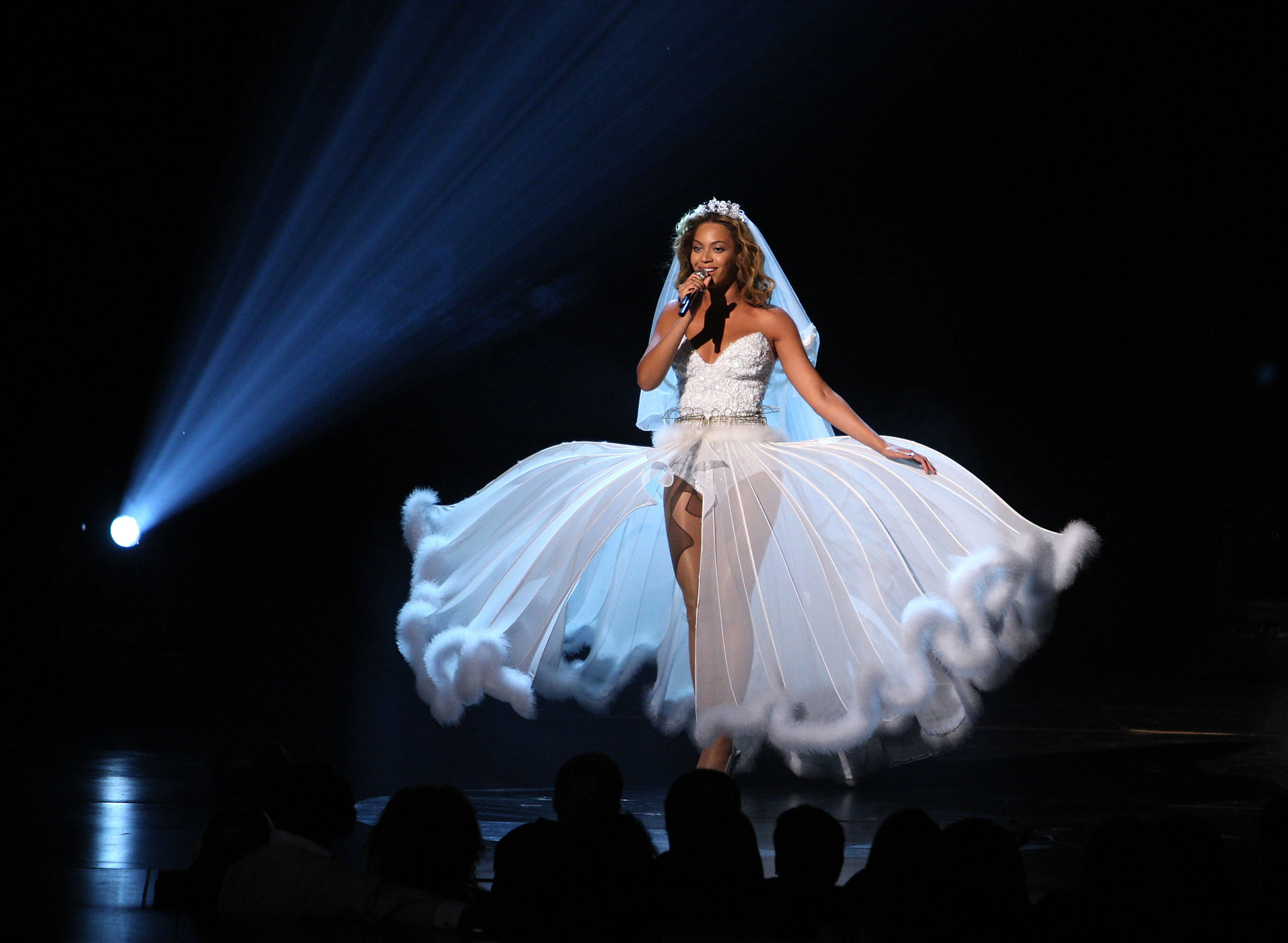

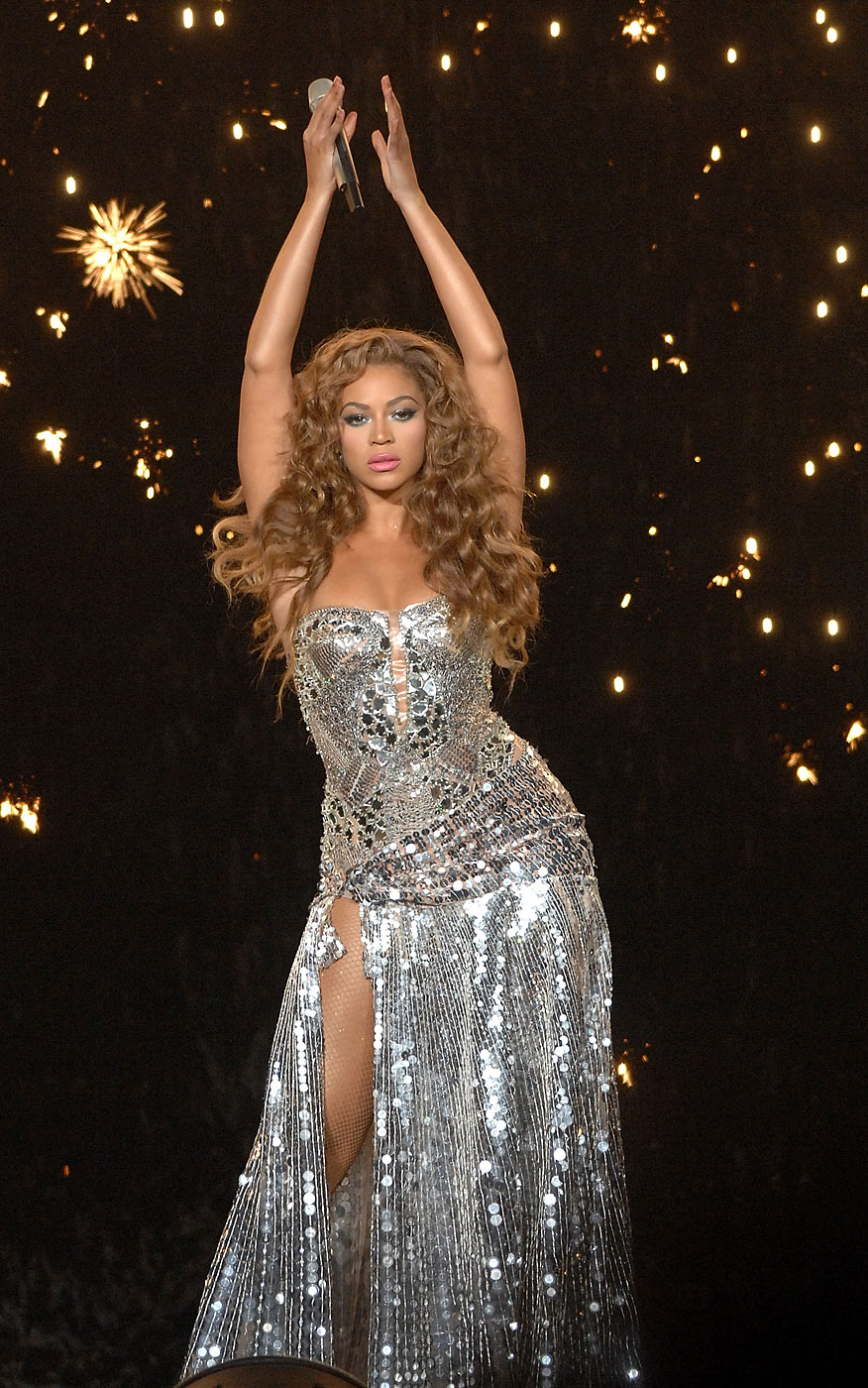

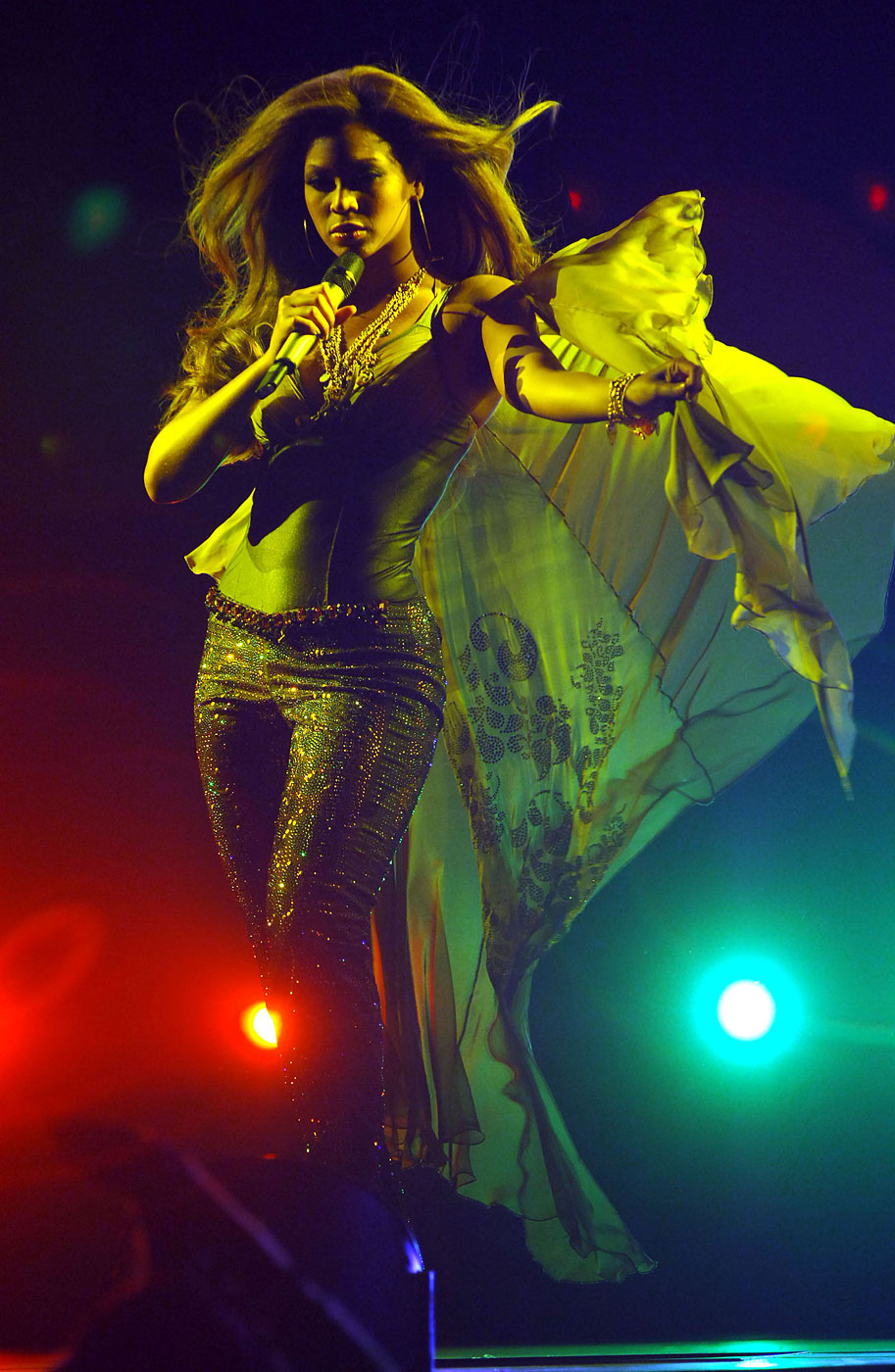

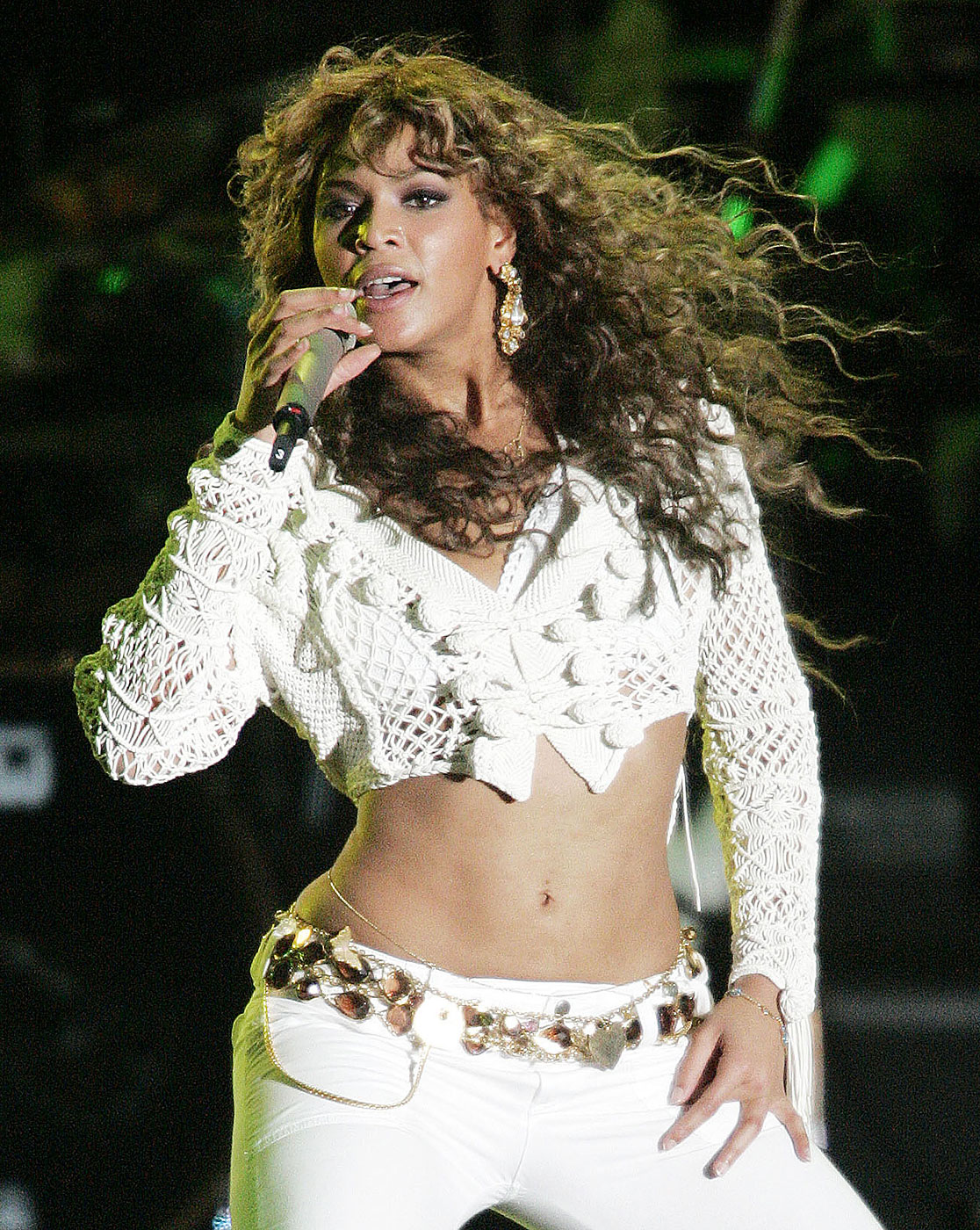
More Must-Reads from TIME
- Donald Trump Is TIME's 2024 Person of the Year
- Why We Chose Trump as Person of the Year
- Is Intermittent Fasting Good or Bad for You?
- The 100 Must-Read Books of 2024
- The 20 Best Christmas TV Episodes
- Column: If Optimism Feels Ridiculous Now, Try Hope
- The Future of Climate Action Is Trade Policy
- Merle Bombardieri Is Helping People Make the Baby Decision
Write to Nolan Feeney at nolan.feeney@time.com